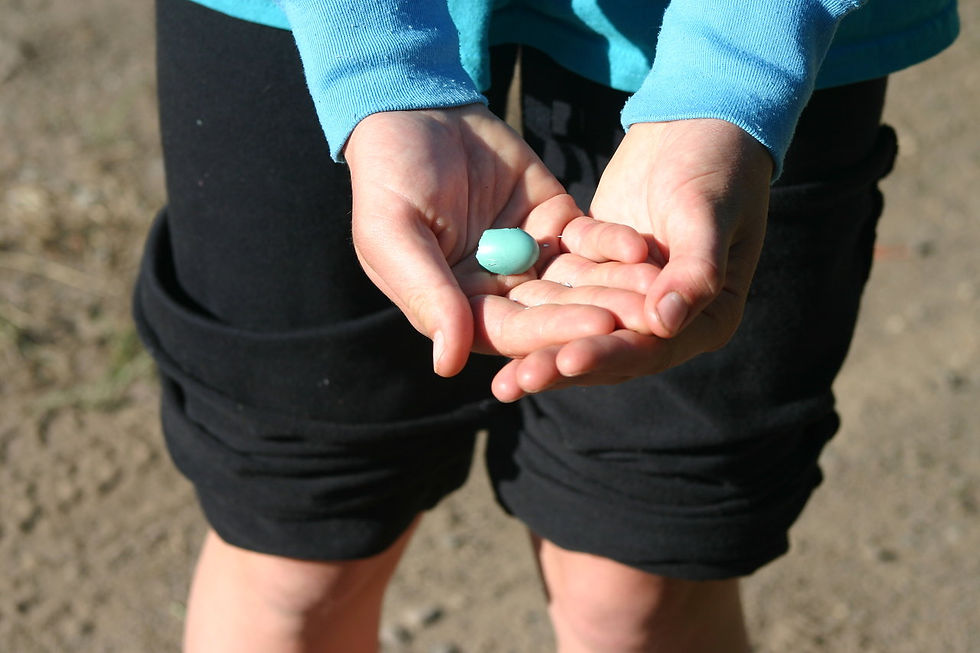Rio Milagro Farm
Old Style Churro Sheep

Let me tell you another story...
Jane Goodall
A few years ago, Jacque Chirac, then president of France, welcomed participants to the celebration of what was a frightening landmark; the report of the United Nations Intergovernmental Panel of Climate Change. There were about 300 participants - ministers and presidents from a myriad of countries, executive directors from the world's leading NGO'S and CEO's from large multi-national companies. This summit meeting was publicised in every paper throughout Europe with the attendant IPCC report, but little if any was mentioned in the United States. That morning, the speakers spoke of sea-level rise, declining snow pack, desertification, food shortages, population displacement. The last speaker of the day was Jane Goodall. After looking calmly around the room, she reminded everyone that the topic at hand was far more important than what country and language you lived in and spoke or who was currently in power. The consequences affected every part of the globe without class distinction. Jane reminded everyone that the most damning change of all to our planet was the predicted loss of biodiversity due to climate change. The report told that if temperatures go up 1.5-2 degrees Celcius, and if nothing were done to adapt to that rise, 20-30 percent of the wildlife assessed would likely be at increased risk of extinction by the end of the 21st century. If the temperature rose by 3.5 degrees Celcius - well within what is now the predicted range - 40-70 percent of all species assessed would be gone. It would be, she said, the sixth mass extinction on earth. Jane ended her short speech with her celebrated chimpanzee hoot, ending in a howl that rang through the palace like a primordial call from a forgotten ancestral time. She got a standing ovation. Was the fear of extinction sufficient motivation that different people, speaking different languages, would work towards a common solution?
Rocky Ridge Chapter
Recently, when I was visiting my Navajo sheep-herder friend on second mesa at Rocky Ridge chapter on the reservation in Arizona, she commented in her quiet soft-spoken Navajo way how the springs that have sustained her families' sheep herds for centuries are now drying up. These springs have provided water and are the only water source for her sheep in this dry parched desert land. Without the water, she cannot herd her sheep or collect the medicinal plants that grow in the moist riparian areas around the springs that have served her family for centuries. With Land Allotments fencing off their traditional travels with their sheep herds to summer pasture, many families are forced to get rid of their churro herds that have been passed down for generations.

In Our Own Backyard
In our own backyard, in Southwest New Mexico, we have seen change over time - less moisture during monsoons, less and less snowpack each year that replenishes our rivers and aquifers, tinder dry forests causing bark beetle infestations, less migrating birds coming through from Mexico to the heartland of the United States and Canada. For many wild animals, to roam means to survive. Seasonal migration between habitats is a pattern passed from generation to generation by eagles, waterfowl, elk, and hundreds of other species. To locate a new place to survive and breed, the young of many species must roam far and wide. And freedom to roam often determines whether or not wild creatures can adapt to change.
With more and more of our wild places taken up by urban and rural development, we have to start thinking about our impact on our immediate environment in which we live. When we decide to live outside of urban areas, we need to understand we are part of a larger community. A community of animals and plants. One that is perfect in it's adaptations and survivability.
We have to determine if we want to live in a way that does the least amount of harm.